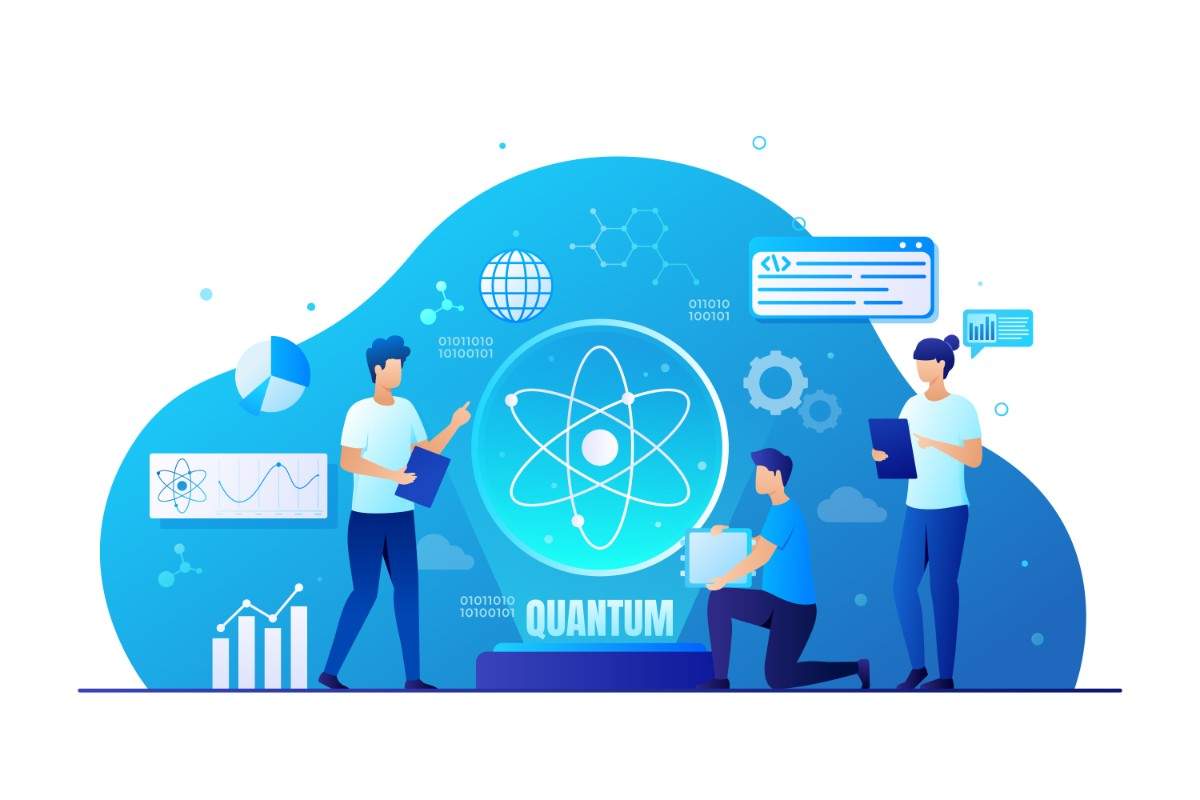SEARCH ENGINE OPTIMIZATION
The future of SEO 2025 will prioritize optimizing websites and content for better visibility in search engine results (SERPs). Moreover, SEO will drive organic traffic by improving website accessibility and relevance. Additionally, the focus will shift towards creating authoritative sites that align with evolving algorithms like Google and Bing. Furthermore, staying updated with these changes is crucial for maintaining a competitive edge in rankings.
Future of SEO 2025:ITS PURPOSE
Key Purposes of SEO:
Boost website visibility and ranking in search engine results for organic searches by optimizing site elements to align with search engine algorithms. Moreover, ensure the site is accessible and relevant to user queries, which will, in turn, improve its performance and rankings. Additionally, continuous updates will enhance its competitive position.
Increase Organic Traffic:SEO helps a website rank higher in search engine results for relevant keywords, leading to more clicks and visits from users. Moreover, it ensures the site stays visible to the right audience, driving more organic traffic.
Cost-Effective Marketing:Compared to paid advertising, SEO offers long-term benefits by generating traffic without ongoing costs per visitor. Furthermore, it ensures sustainable growth over time, making it a cost-effective strategy.
Increase Conversions:Higher traffic from relevant search queries can lead to more conversions (sales, sign-ups, etc.) as the site is optimized to meet user needs and intent. In addition, this alignment boosts user engagement and satisfaction, ultimately improving results.

Significant Role of AI in Search Engine Optimization
Keyword Research and Analysis
AI tools like SEMrush, Ahrefs, and Google Keyword Planner analyze data to find relevant keywords for content creation. Additionally, AI identifies trends, predicts keyword success, and uncovers long-tail or semantic keywords that traditional tools often miss.
Content Creation and Optimization
AI content generators, like GPT models, help marketers create SEO-optimized content by targeting keywords. Moreover, they improve readability, grammar, and engagement. In addition, using NLP, they enhance content relevance to better match search intent.

FUTURE OF SEO 2025(SERACH ENGINE OPITIMIZATION)
The future of SEO 2025 will enhance UX, leverage AI, and optimize for voice and visual search. Furthermore, it will prioritize high-quality content to meet user needs. As a result, this will improve search rankings and drive more traffic.
CONNECT WITH US:
Feel free to connect with us for any questions or assistance—we’re here to help! You can contact us via email, phone, or our form. Additionally, our team is ready to assist. Don’t hesitate to reach out; we look forward to hearing from you!



